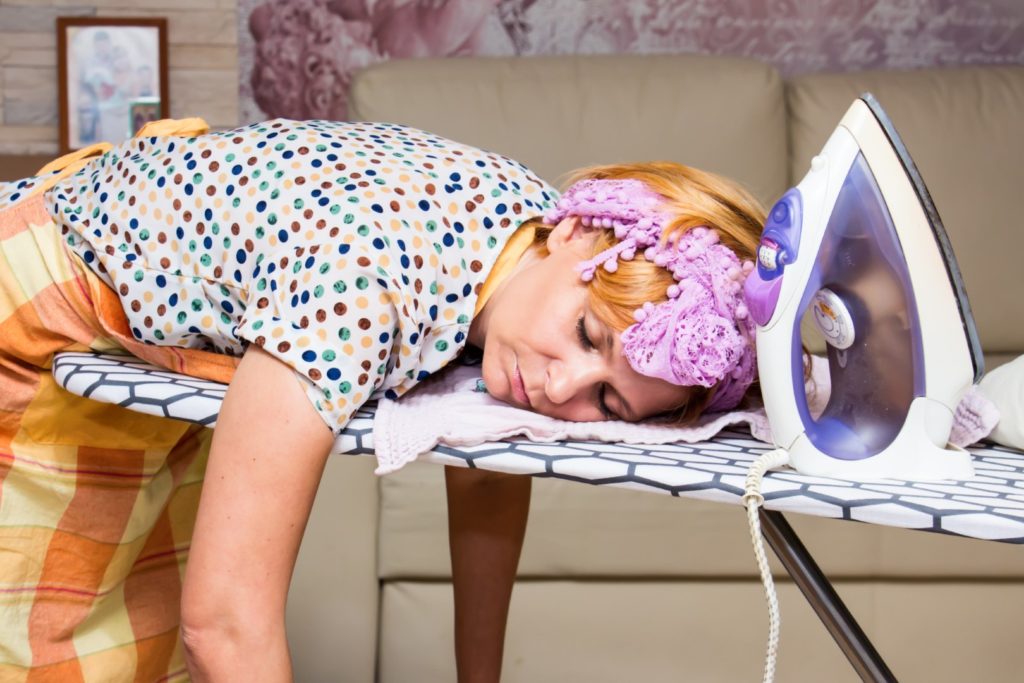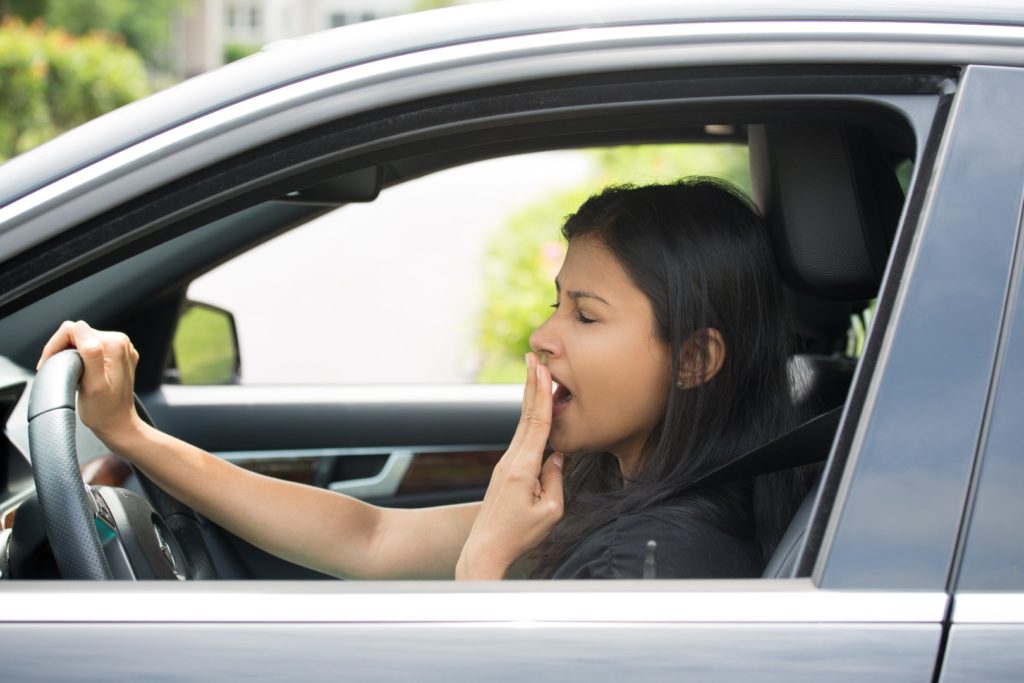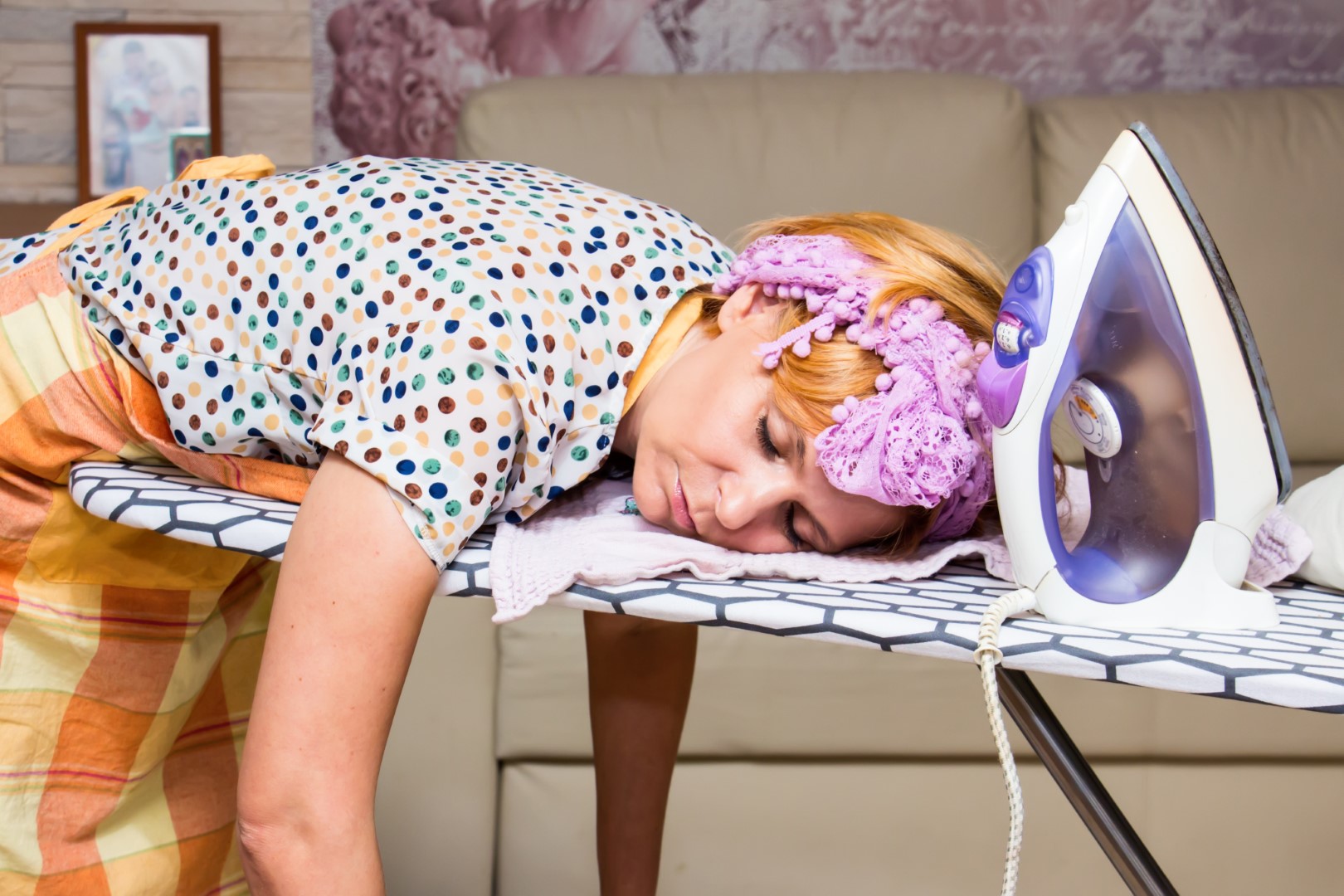
What is a sleep disorder, you ask? A sleep disorder is characterized by a series of symptoms including trouble falling asleep, poor sleep quality when we get some, irritability, sleepiness during the day, and many more.
Researchers believe that there are over 70 sleep disorders that are grouped into 6 main categories. These include:
- Sleep disorders which induce involuntary body movements including restless leg syndrome.
- Disorders of the central nervous system such as narcolepsy where the brain loses the ability to regulate the wake/sleep cycle and spontaneous episodes of deep sleep during the day occur.
- Breathing disorders such as obstructive sleep apnea where soft tissue obstructs the windpipe causing us to stop breathing for a few seconds at a time, regularly disrupting our sleep.
- Insomnia characterized by our difficulty in falling asleep, constant waking in the middle of the night and the inability to return to sleep.
- Circadian rhythms disorders characterized by the disruption in the sleep/wake cycle as in those people who do shift-work, or recovering from illness or injury.
- Parasomnias are various disorders including sleepwalking and talking, teeth grinding, and night terrors.
As you can see, it is possible that we may at one time or another had some disruptions in our sleep and didn’t realize that there was a name for it! When sleep disorders go unaddressed, it affects both body and mind to the point that we may need serious medical attention. Let’s examine some of the possible symptoms that we suffer from most that could indicate a specific sleep disorder and how to address it.
Snoring
The most obvious is when someone tells us that we snore. Whether our partner or a friend at a sleepover or camping trip tells us that we make the most earth-trembling sounds while we sleep could indicate that there is an obstruction in our windpipe.
Sometimes, a simple change in our adjustable bed position or a better pillow can alleviate the snoring. If it persists, we must seek out some professional medical assistance to rule out anything more serious.

Daytime Sleepiness
When we feel very sleepy during the day, this could be the result of poor sleep quality. Despite getting 7 to 8 hours of bedtime doesn’t translate into quality sleep if we wake up tired. There are devices as well as apps for our smartphones which can monitor our sleep and give us some interesting results. Investing in one might be the first step towards fixing the problem.
Irritability and Lack of Focus
When we are snapping at friends and family for little or no reason or have trouble concentrating on simple tasks, it’s time to examine how we sleep. A review of our sleep hygiene or bedtime habits can potentially show where our poor sleep experience comes from. If we are enjoying a late-night burger or sugar-laden snack, or perhaps participating in vigorous exercise before bedtime, it may be time to change things!

Heart Disease and High Blood Pressure
It is possible that some of these health issues stem from poor sleep quality. Medication will surely help the symptoms, but we must address the source as well. When we develop a proper bedtime routine including, winding down with a warm bath, meditation or yoga it can yield great results in our overall health.
Now that you know a little more about the types of sleep disorders, it’s time to take charge of your sleep and consult a specialist if your problems persist.
Gerry, Your Sleep Expert

